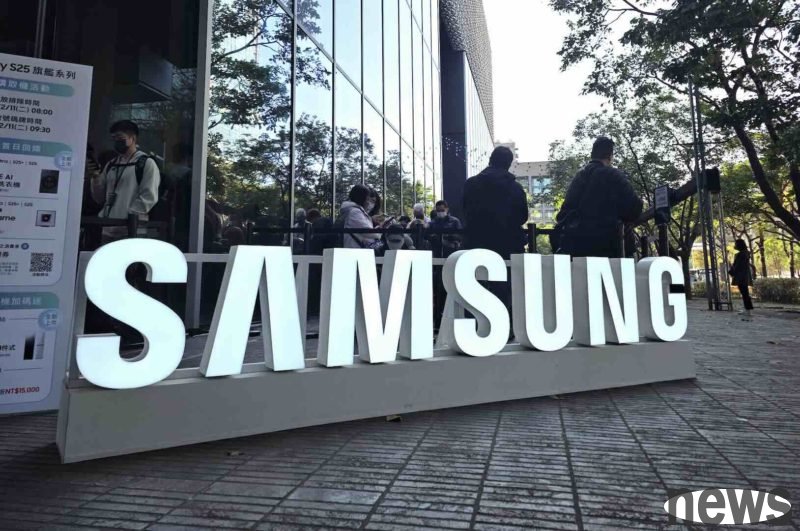According to South Korea's "Business Korea" report, Samsung Electronics plans to launch a 2-nanometer process line at its Taylor plant in Texas, USA, to simultaneously produce Tesla's AI5 and AI6 chips. Recently, Tesla CEO Elon Mus...

According to South Korea's "Business Korea" report, Samsung Electronics plans to launch a 2-nanometer process line at its Taylor plant in Texas, USA, to simultaneously produce Tesla's AI5 and AI6 chips. Recently, Tesla CEO Elon Musk confirmed during the third quarter earnings conference that the two companies will jointly participate in AI5 chip manufacturing, indicating that the cooperation model between the two parties has shifted to a "dual foundry" strategy.
The industry pointed out that AI5 is Tesla’s self-developed AI processor dedicated to autonomous driving and robots, and serves as the “core brain” of the vehicle control system. Currently, Samsung has manufactured Tesla AI4 chips using a 4- to 7-nanometer process, and the new generation AI5 was originally scheduled to use TSMC’s 3-nanometer (N3AE) node, with Samsung responsible for back-end packaging and some testing. However, as Tesla adjusts its foundry strategy, Samsung is expected to trial-produce AI5 using the 2-nanometer GAA process at the Taylor plant starting in 2026 to verify the yield and stability of its 2-nanometer node in advance.
Analysts believe that TSMC still has advantages in terms of maturity and cost control of the 3nm process, while Samsung has entered the market with a more advanced 2nm node. Although it has shown clear technological ambitions, the overall cost structure is still high when the yield rate has not yet been fully stabilized.
According to foreign media reports, Samsung's wafer foundry department is still expected to lose about KRW 5 trillion in 2024. However, with the improvement of 3-nanometer yield rate and the early start of the 2-nanometer production line, the market expects that its foundry business will turn a profit in 2026.
Industry insiders pointed out that if Samsung can show stable mass production performance in the AI5 project, it will not only help gain dominance in AI6 chips, but also increase the negotiating leverage of other potential customers. In addition, Tesla's AI chips are also expected to be expanded to humanoid robots and data center applications in the future, further strengthening the strategic value of the cooperation between the two parties.
삼성전자, 테슬라 AI5 양산 ‘2나노 공정 도입 Further reading: Tesla AI5 chips are overproduced by dual suppliers Samsung and TSMC, but have no intention of replacing NVIDIA products